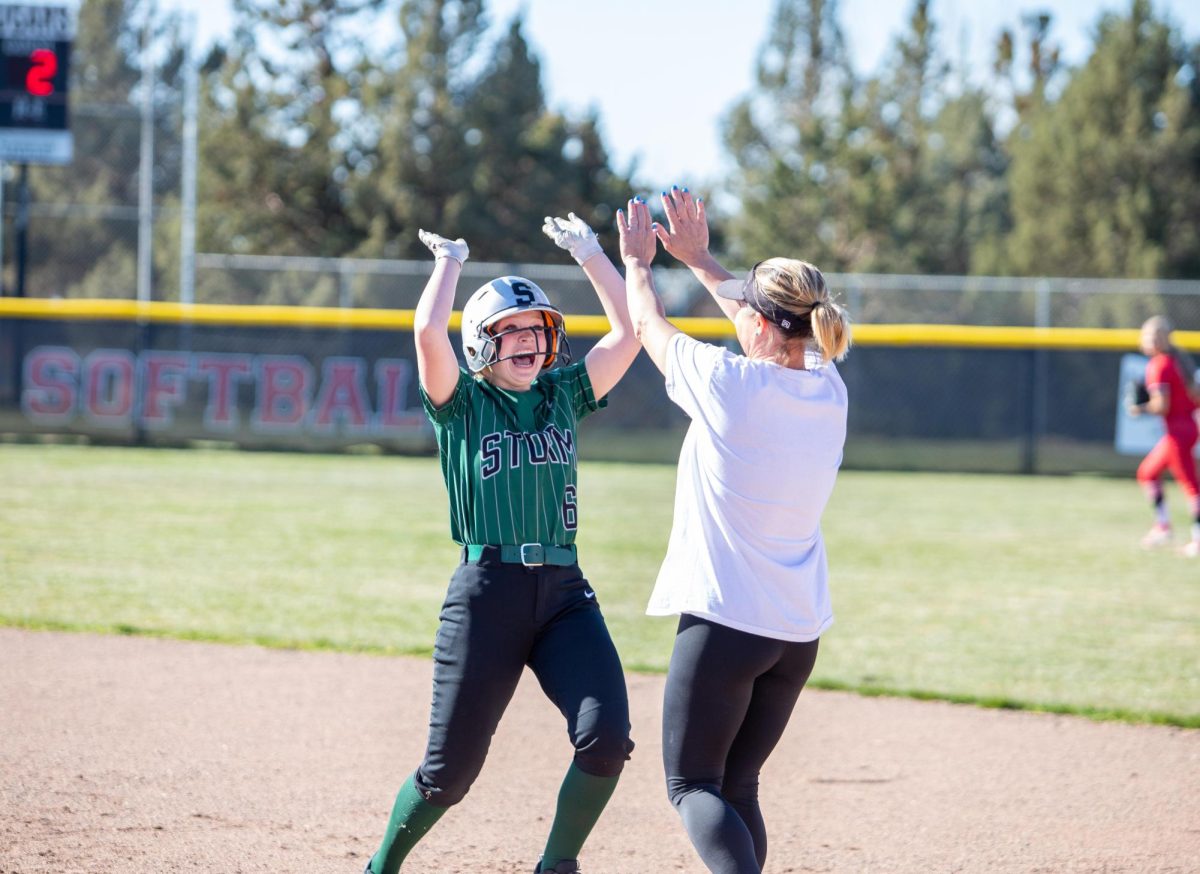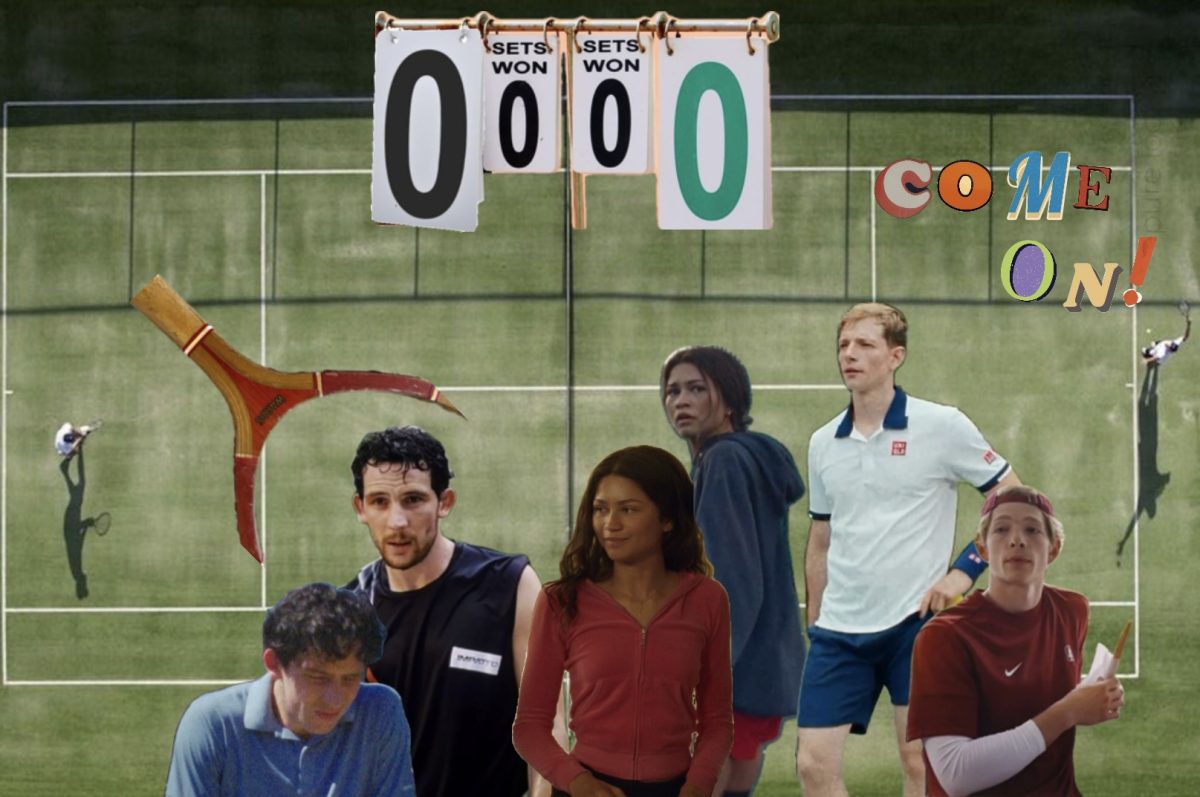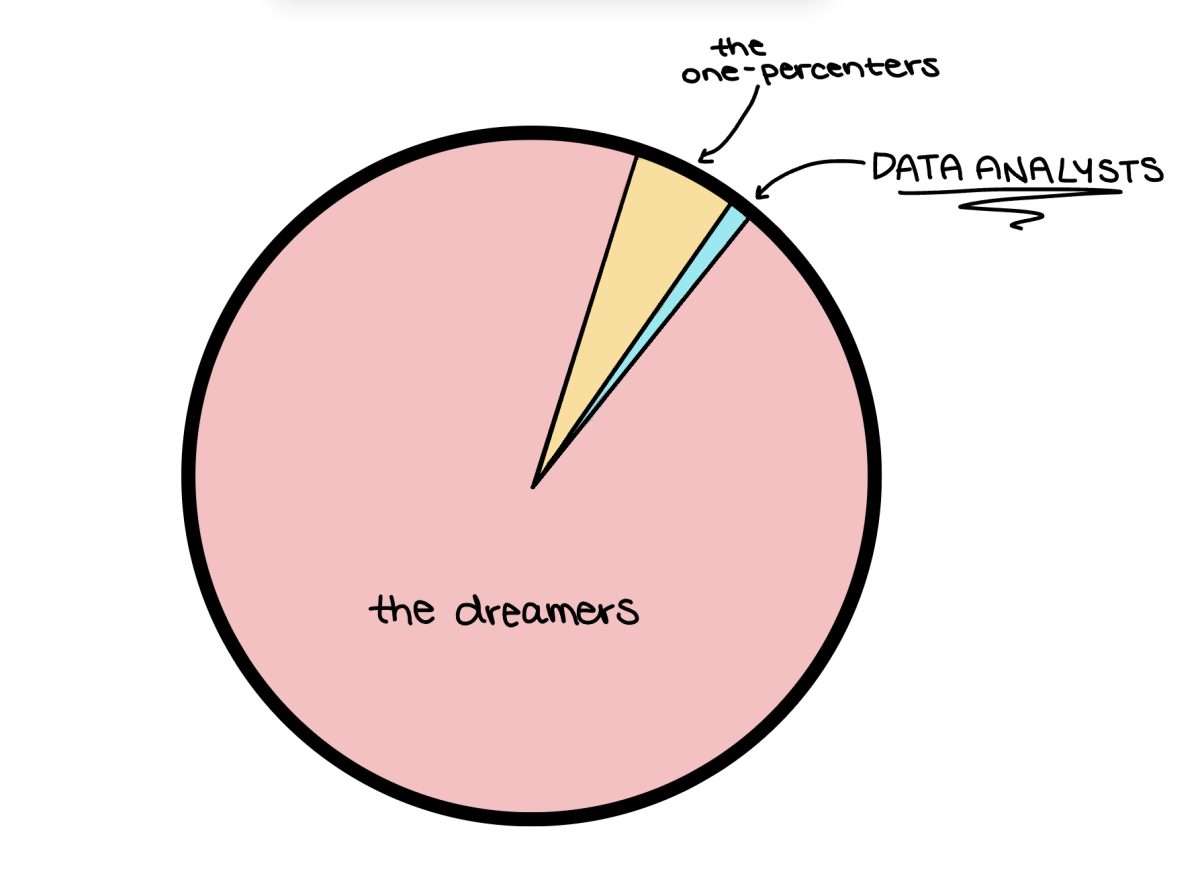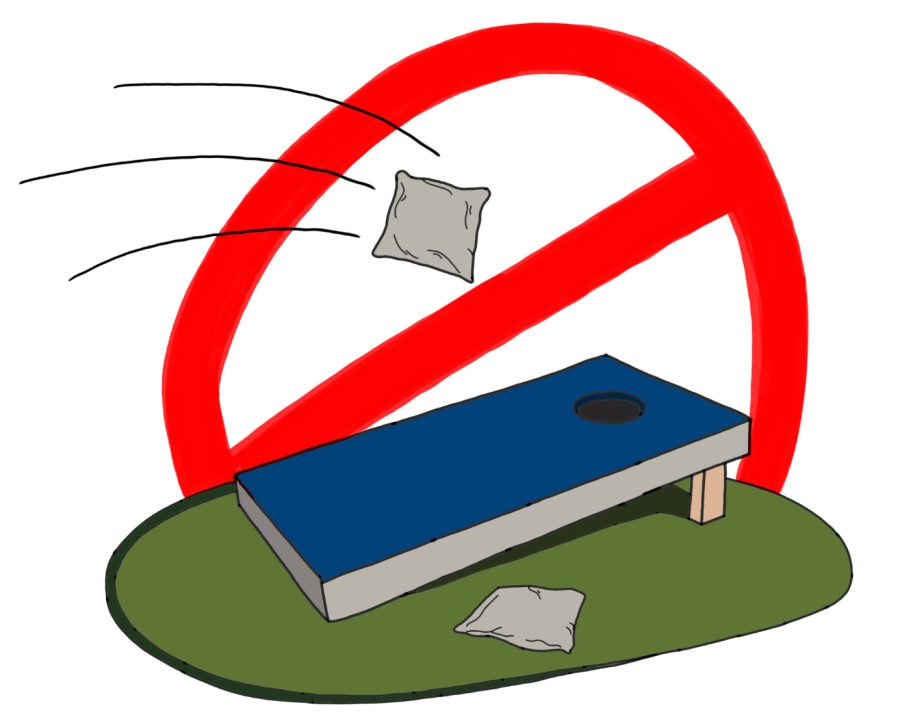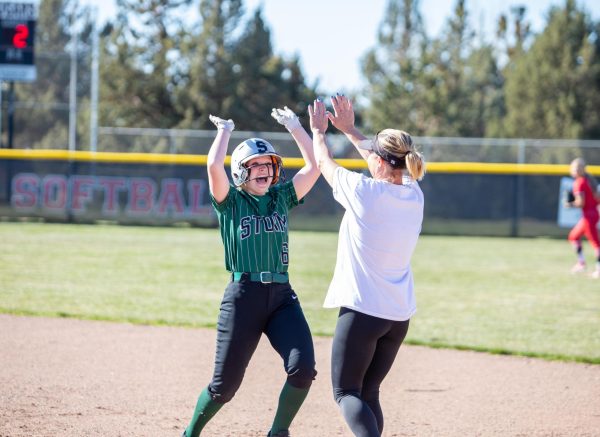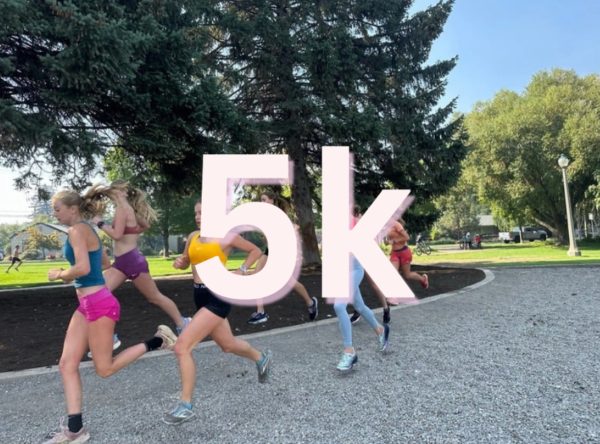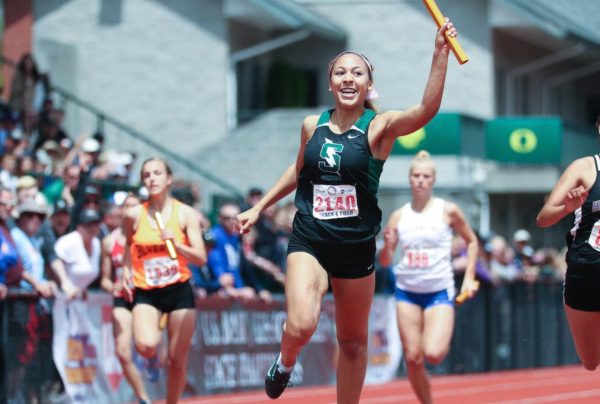Mental Health Meets Sports
How Summit’s Competitive Drive influences Athletes’ Mental Health
November 2, 2022
High school is considered the “prime” years for athletes—it’s when they are at the peak of their physical performance. At Summit, athletes are extremely determined to compete at high levels, as they have grown up in an environment full of competitive skiers and mountain bikers.
Once you leave a team sport, it’s hard to be around when they are practicing or even talk to old teammates.
For an athlete that has been doing a sport for over ten years deciding to quit can be a difficult decision.
“It was sad to quit but it was good for me because it helped with my anxiety,” said sophomore Cooper Kirchmeier. Kirchmeier is now pursuing competing in skiing rather than playing baseball for Summit. Now Kirchmeier competitively skis for MBSEF and, as of winter 2022, skis for Summit as well.
Many student athletes don’t plan on continuing in college and have sustained injuries throughout their years of races or games. Most high school athletes stop competing during their senior year.
Balancing high school sports, especially at the level of high competition that Summit is known for, puts a lot of pressure on athletes. It can be overwhelming to deal with it all, especially if the student doesn’t plan on playing at a collegiate level.
“It was incredibly beneficial for my mental health,” said Kirchmeier. “Without having the anxiety of baseball on my shoulders, I’m able to focus and train harder than ever before to pursue my skiing career.”
With the support of coaches, counselors and family members, pressure on athletes can be reduced as they find the desire to play sports for fun and not simply for competition.
“If that’s in the best interest of the athlete and they are sure of it, great, do it,” said head track coach and sports psychology teacher Dave Turnbull.
Summit sophomore Ian Rankin is now on Summit’s ultimate frisbee team. Rankin sees frisbee as a nice balance of competition and relaxation, allowing him time to focus on his mental health.
“Leaving baseball was scary yet freeing. I didn’t know where I wanted to be, but I finally let go from a burden I held onto for too long,” said Rankin.
From a player who has switched from a sport they have been playing since preschool and quit their freshman year to a sport they had no interest in previously it can be very challenging with mental health.
“I still miss playing soccer a lot. Every time I run by my old team I get a little sad, but I’m in a better place now and I’m loving it more than ever” said a former Summit soccer player.
Overall, mental health can have a great toll on sports. The impact mental health has on athletes can add a lot of pressure to the athletes, the pressure can lead to quitting a sport or feeling overwhelmed with anxiety.









